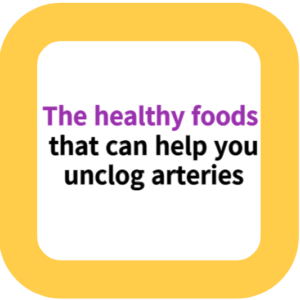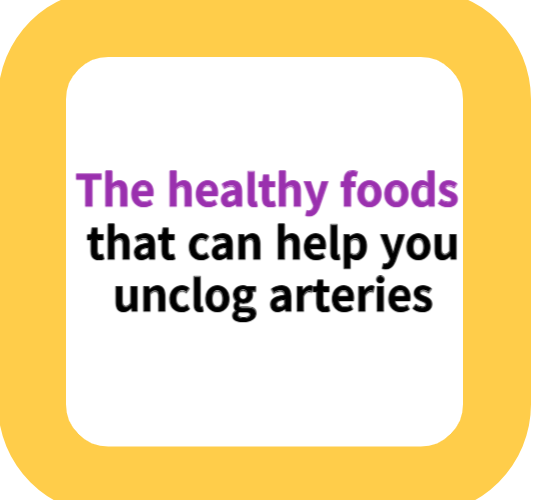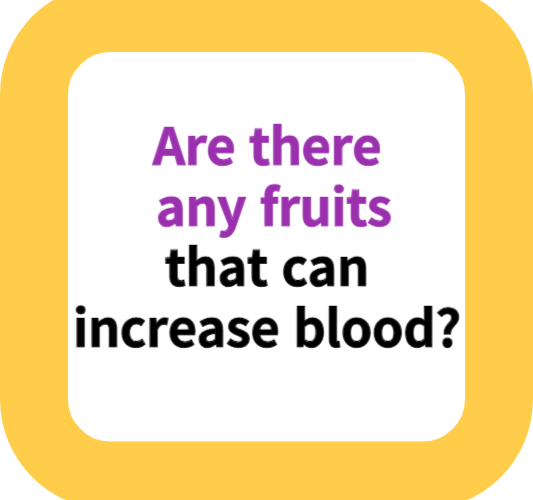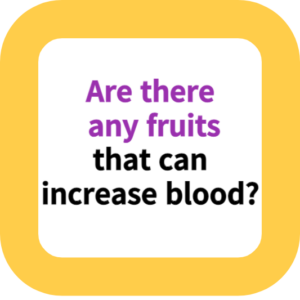The healthy foods that can help you unclog arteries
Welcome to our blog where we delve into the crucial role of diet in maintaining heart health and preventing arterial blockage. Today, we explore a variety of nutritious foods that are not only delicious but also powerful allies in the fight against heart disease.
From the omega-3 rich depths of fatty fish to the fiber-filled fields of oats and legumes, we uncover how these foods can help keep your arteries clear and your heart functioning optimally. Join us as we navigate through the benefits of nuts, seeds, berries, leafy greens, and more, each playing a unique role in supporting arterial health.
Our journey doesn’t stop with food; we’ll also touch on the importance of an overall healthy lifestyle, including physical activity and stress management, to complement your heart-healthy diet. Dive into this treasure trove of information and discover how a balanced, nutrient-rich diet can be your heart’s best defense against disease.
The healthy foods that can help you unclog arteries

Introduction: The Vital Role of Diet in Preventing Arterial Blockage
Arterial blockage, a leading cause of heart attacks and strokes, is a growing health concern globally. While medical treatments are essential, dietary choices play a crucial role in preventing and managing this condition. Understanding the impact of diet on arterial health is key to preventing heart disease and promoting longevity.
Nutritional Strategies for Healthy Arteries
Omega-3 Fatty Acids: The Heart’s Ally
Foods like salmon, mackerel, and sardines, rich in omega-3 fatty acids, are excellent for arterial health. These fats reduce inflammation and triglyceride levels, improving blood vessel function and preventing plaque accumulation.
Soluble Fiber: The Cholesterol Fighter
Oats, barley, and legumes are high in soluble fiber, which significantly lowers LDL (bad) cholesterol. This type of fiber binds to cholesterol in the digestive system, aiding in its removal from the body.
Nuts and Seeds: Nutrient-Dense Powerhouses
Almonds, flaxseeds, and chia seeds offer a combination of unsaturated fats, fiber, and essential nutrients. They help reduce LDL cholesterol levels and are beneficial for overall heart health.
Berries and Antioxidants: Nature’s Sweet Defense
Berries like blueberries, strawberries, and blackberries are full of antioxidants. These compounds combat oxidative stress and inflammation, both of which contribute to arterial damage.
Leafy Greens: Vascular Health Enhancers
Kale, spinach, and Swiss chard are loaded with vitamins, minerals, and antioxidants. Their high nitrate content helps lower blood pressure and improve vascular function.
Avocados and Olive Oil: The Good Fats
These are excellent sources of monounsaturated fats. Incorporating avocados and olive oil into your diet can help balance cholesterol levels, reducing LDL and increasing HDL (good) cholesterol.
Garlic: The Natural Artery Cleanser
Garlic is renowned for its cardiovascular benefits, including the ability to lower blood pressure and improve arterial health. Its active compounds, such as allicin, have potent anti-inflammatory and cholesterol-lowering effects.
Green Tea: The Antioxidant Powerhouse
Green tea is rich in catechins, a type of antioxidant that has been shown to improve cholesterol levels and protect against heart disease.
Lifestyle and Dietary Integration for Optimal Heart Health
Combining these foods with a balanced, whole-food diet is crucial. Avoiding processed foods, excessive sugar, and unhealthy fats is essential. Regular physical activity, stress management, and maintaining a healthy weight complement these dietary choices, creating a comprehensive approach to heart health.
Conclusion: Holistic Approach for Arterial Health
A heart-healthy diet, rich in omega-3 fatty acids, fiber, antioxidants, and good fats, is crucial for maintaining arterial health. While no single food can completely unclog arteries, a combined approach involving diet, lifestyle changes, and medical guidance can significantly reduce the risk of cardiovascular diseases. Embracing this holistic approach is the key to a healthy heart and a longer, healthier life.



